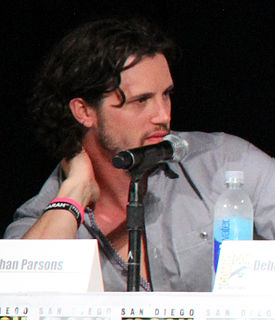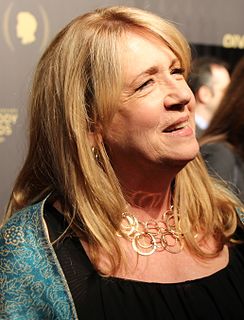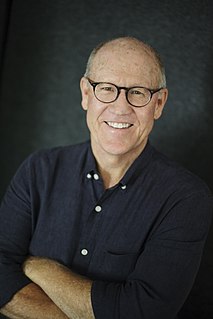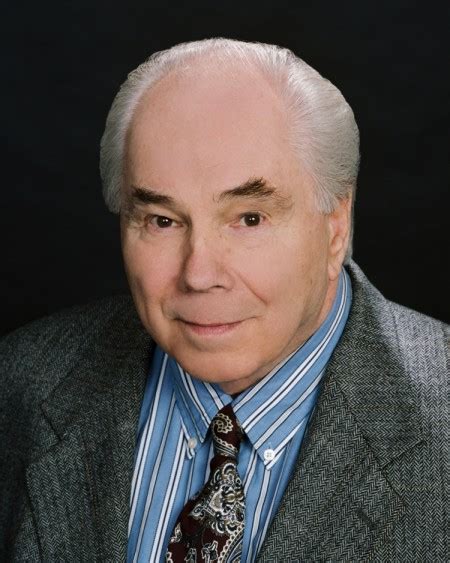A Quote by Nathan Parsons
I've always been drawn to stories and characters facing some sort of struggle against forces beyond our control, be it love, loss, betrayal.
Related Quotes
In such times as we are in, whether the threats be global or local or in individual lives, I too pray for the children. Some days it seems that a sea of temptation and transgression inundates them, simply washes over them before they can successfully withstand it, before they should have to face it. And often at least some of the forces at work seem beyond our personal control. Well, some of them may be beyond our control, but I testify with faith in the living God that they are not beyond His.
There are so many fantastic roles, but the ones that have always drawn me to them are the loners who, for whatever reason, never quite fit in and knew it and had to find their own way. I've always been drawn to that, for some reason. I've always been drawn to that sad, isolated place, but what it produces in behavior is something else, entirely. For whatever reason, I'm drawn to these people. Essentially, I think what draws me is that they are survivors against rather considerable odds.
We all share a type of physical body that becomes ill or heals for the same reasons. We also share emotional and psychological crises common to the human experience. Everyone fears abandonment, loss and betrayal; anger is as toxic within a Jewish body as it is within a Christian, Muslim or Hindu body; and we are all drawn to love. When it comes to health of our spirits and our bodies, we have no difference.
In a recent survive of Millennials around the world asking what most defines our identity, the most popular wasn't nationality, ethnicity or religion. It was "citizen of the world." That's a big deal. Every generation expands the circle of people we consider one of us. And in our generation, that now includes the whole world. This is the struggle of our time. The forces of freedom, openness, and global community against the forces of authoritarianism, isolationism, and nationalism - forces for the flow of knowledge, trade, and immigration, against those who would slow them down.




































